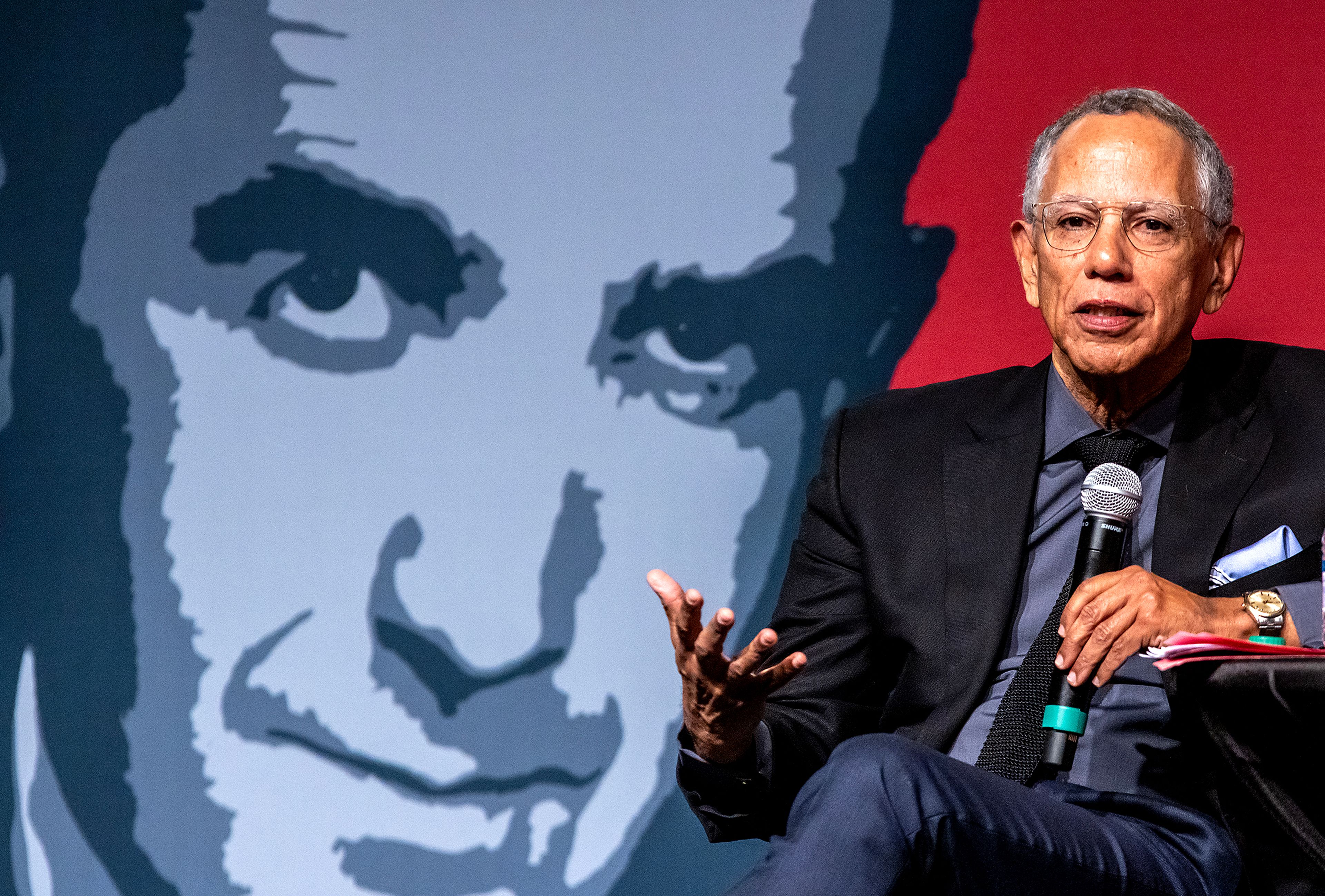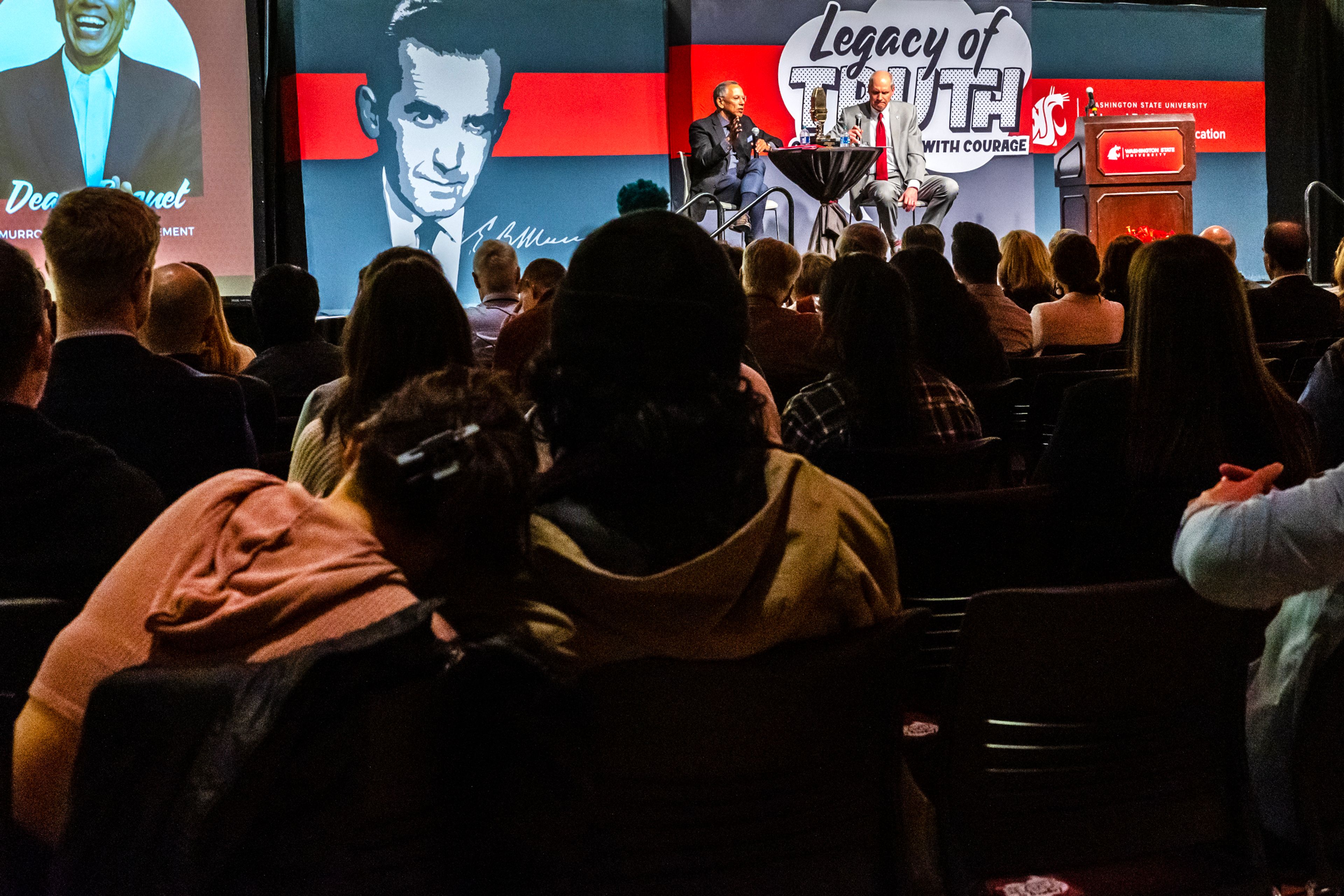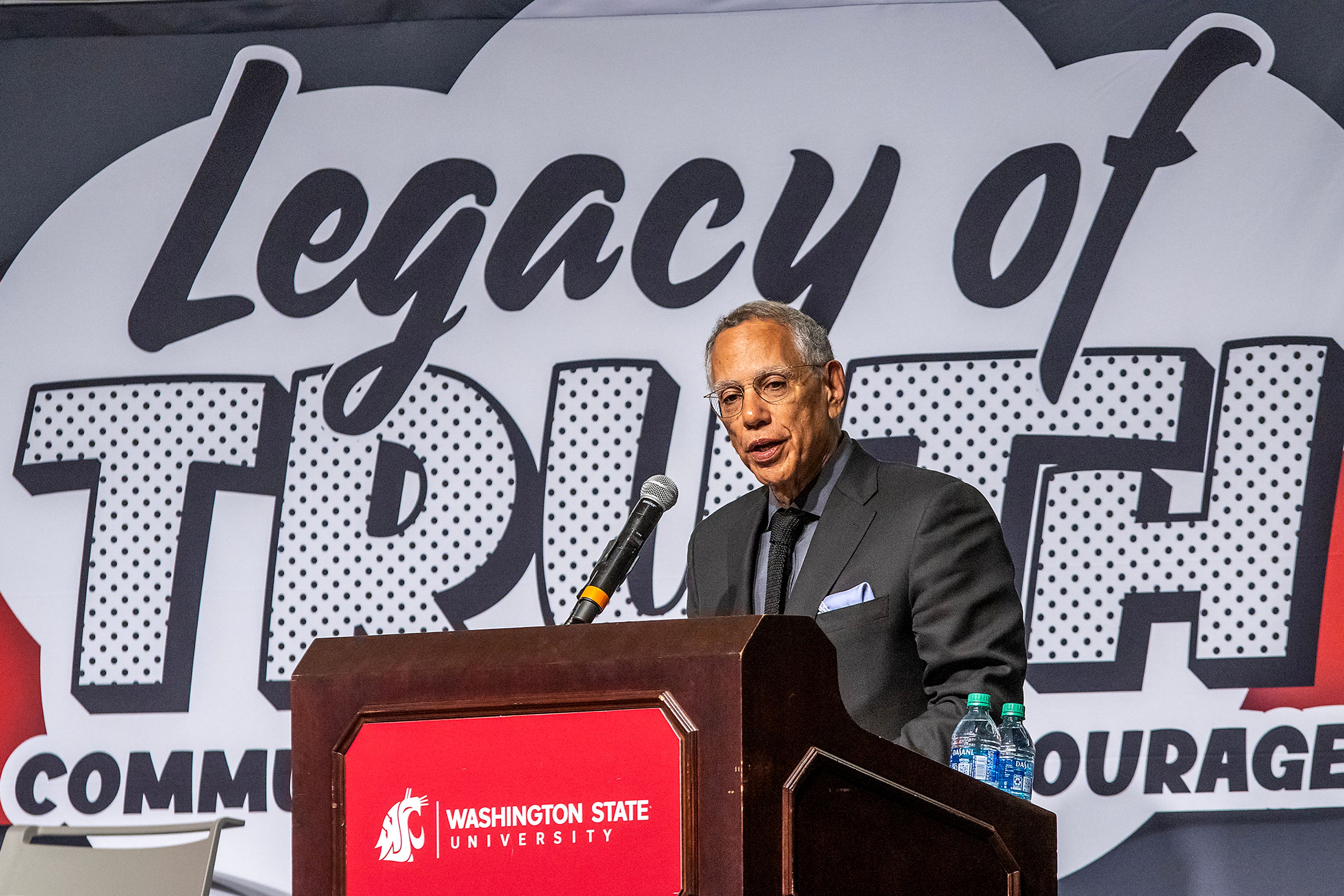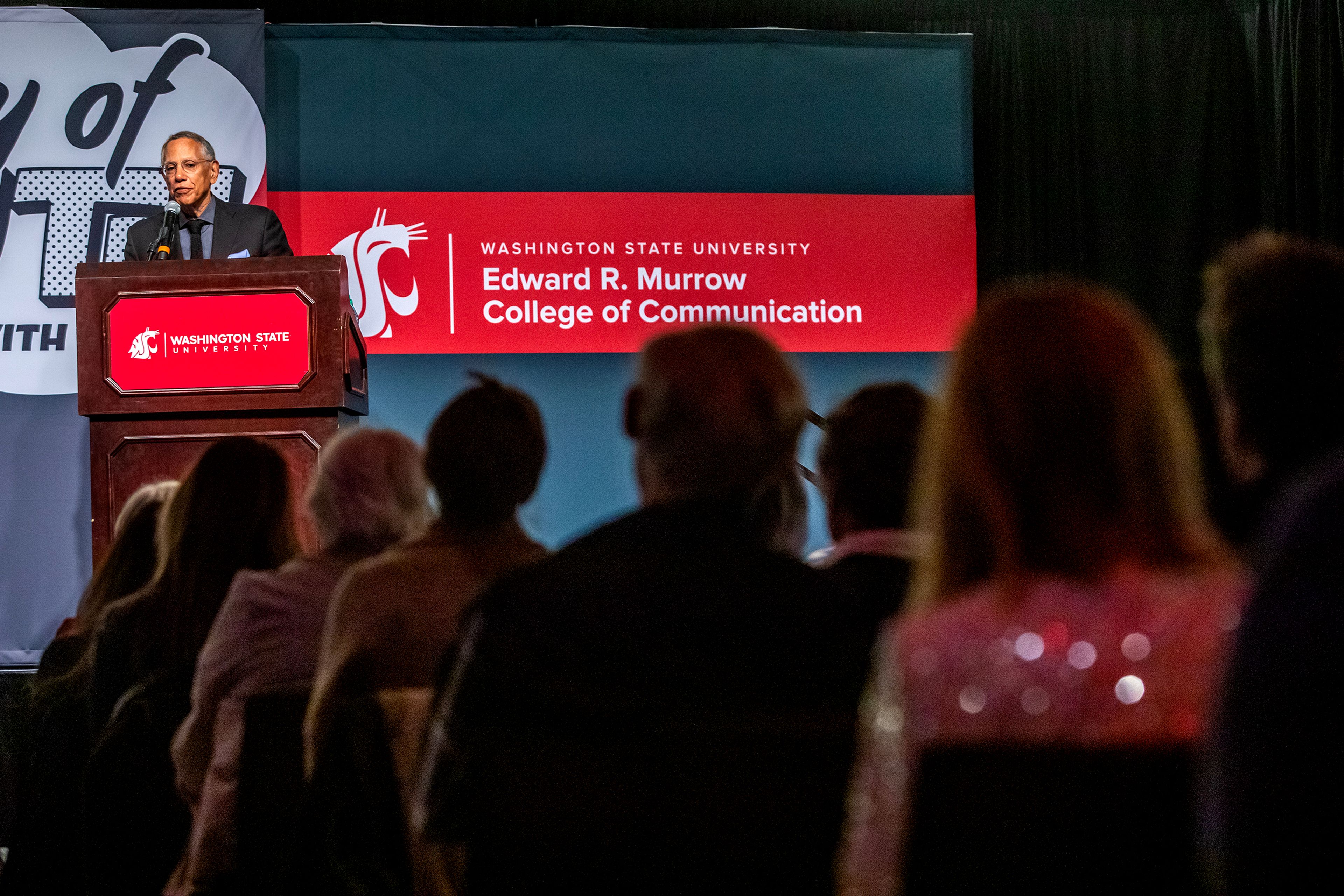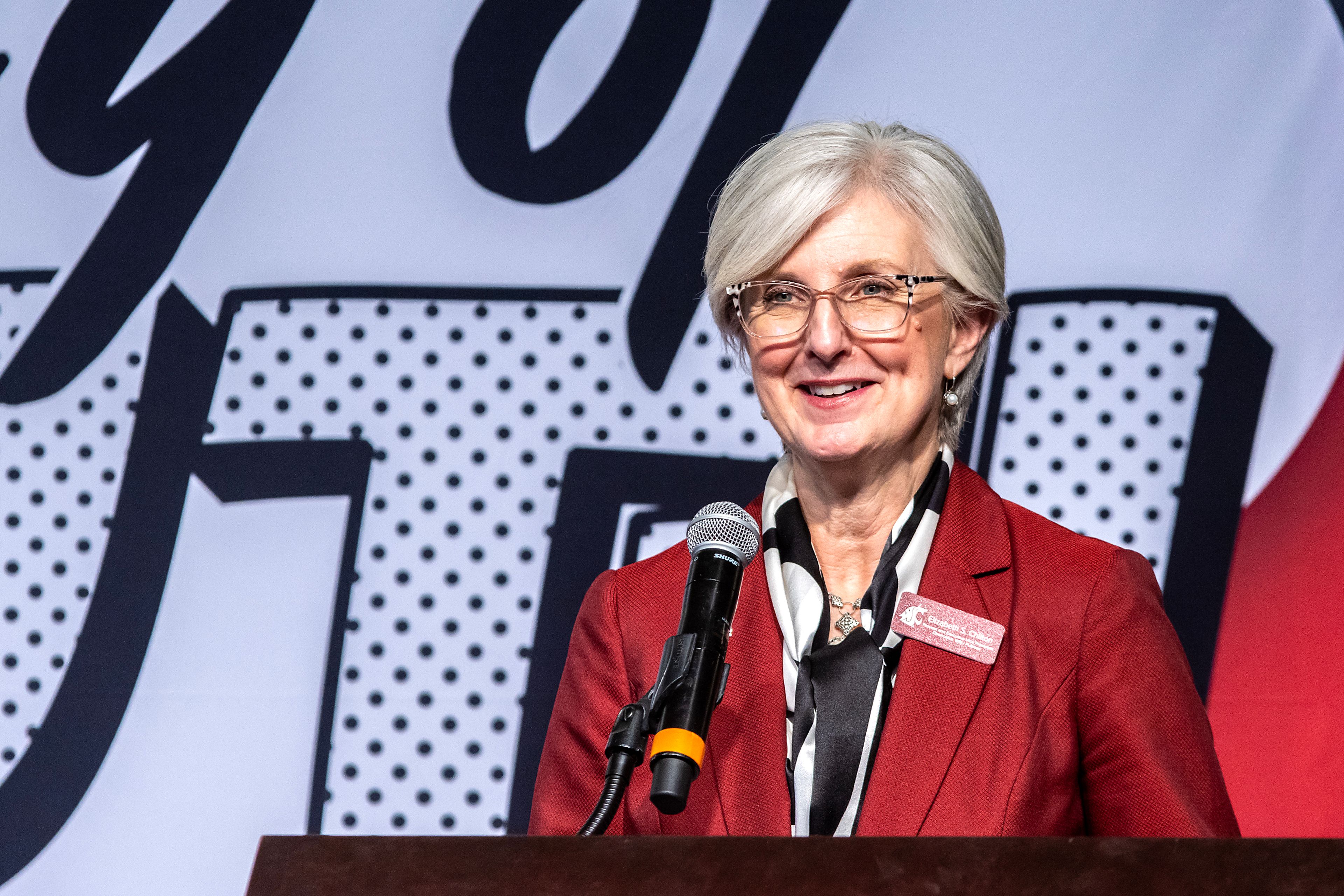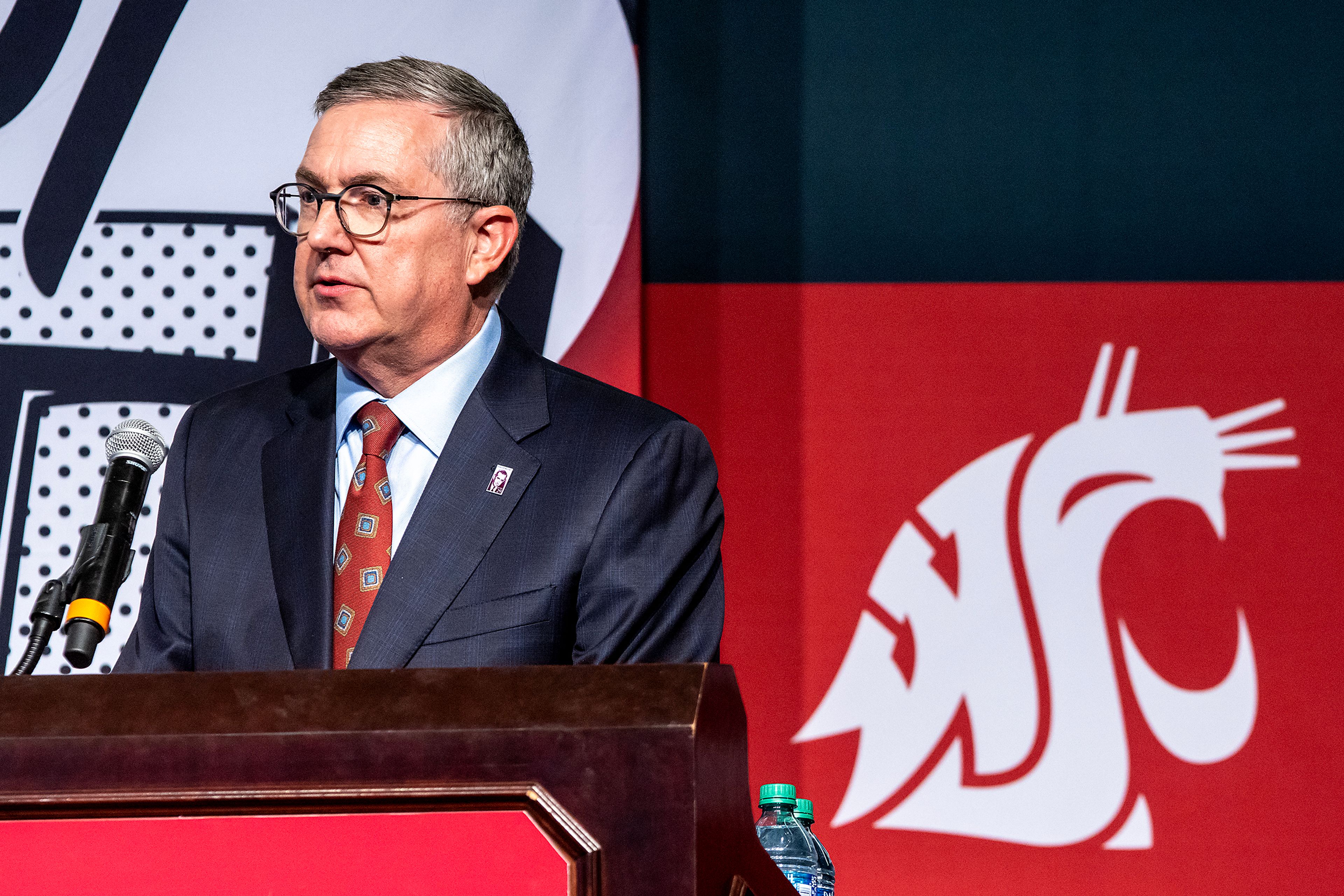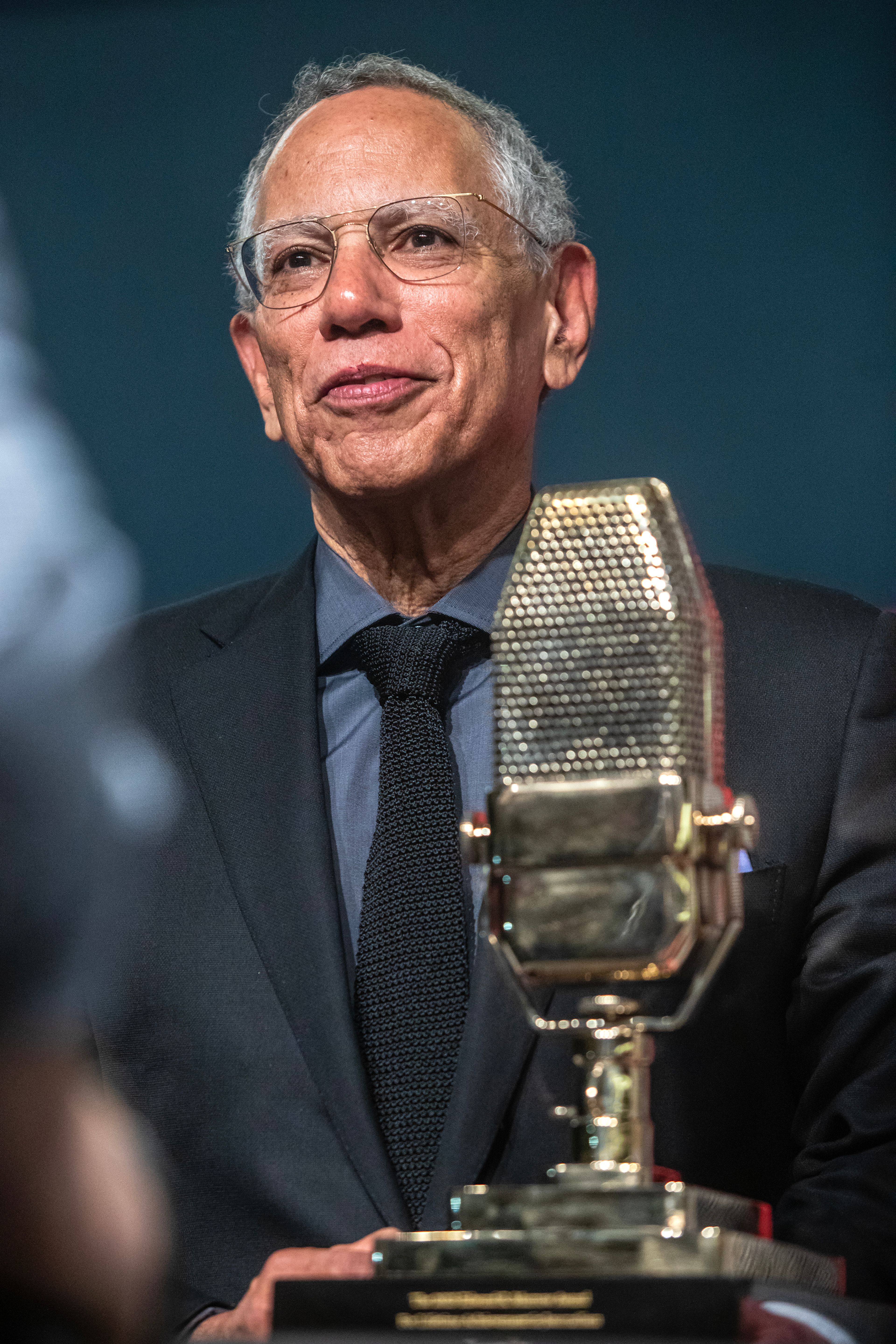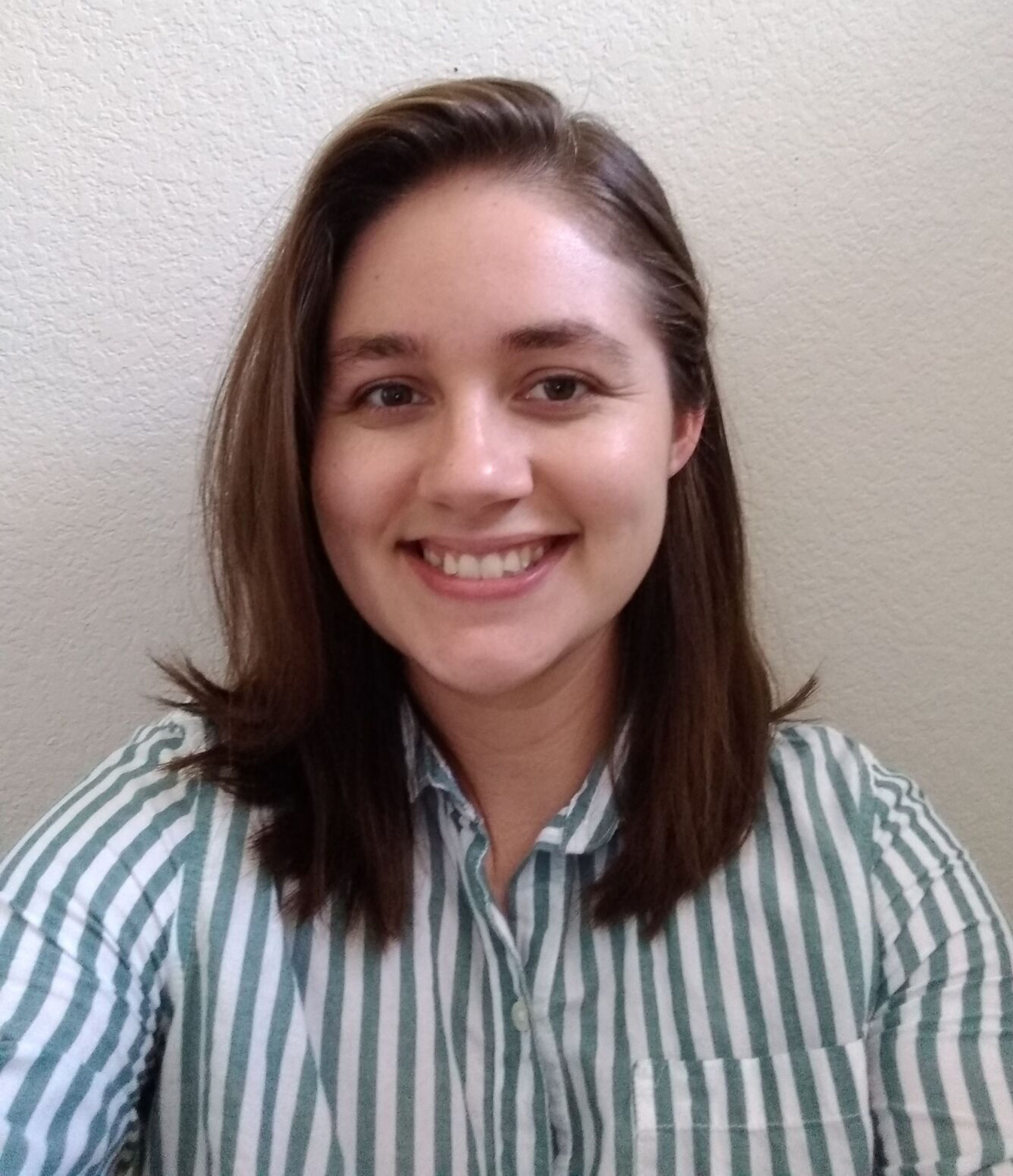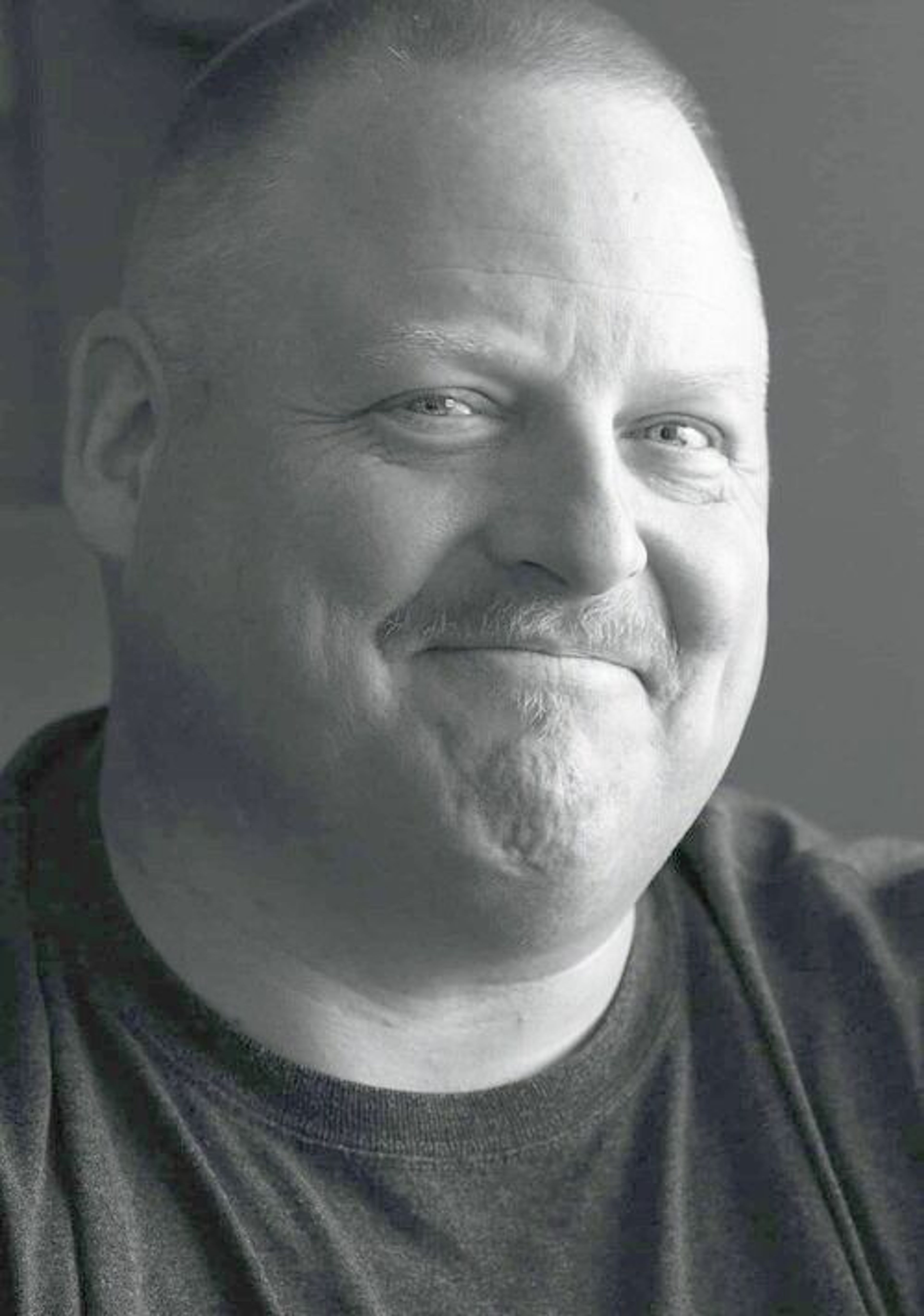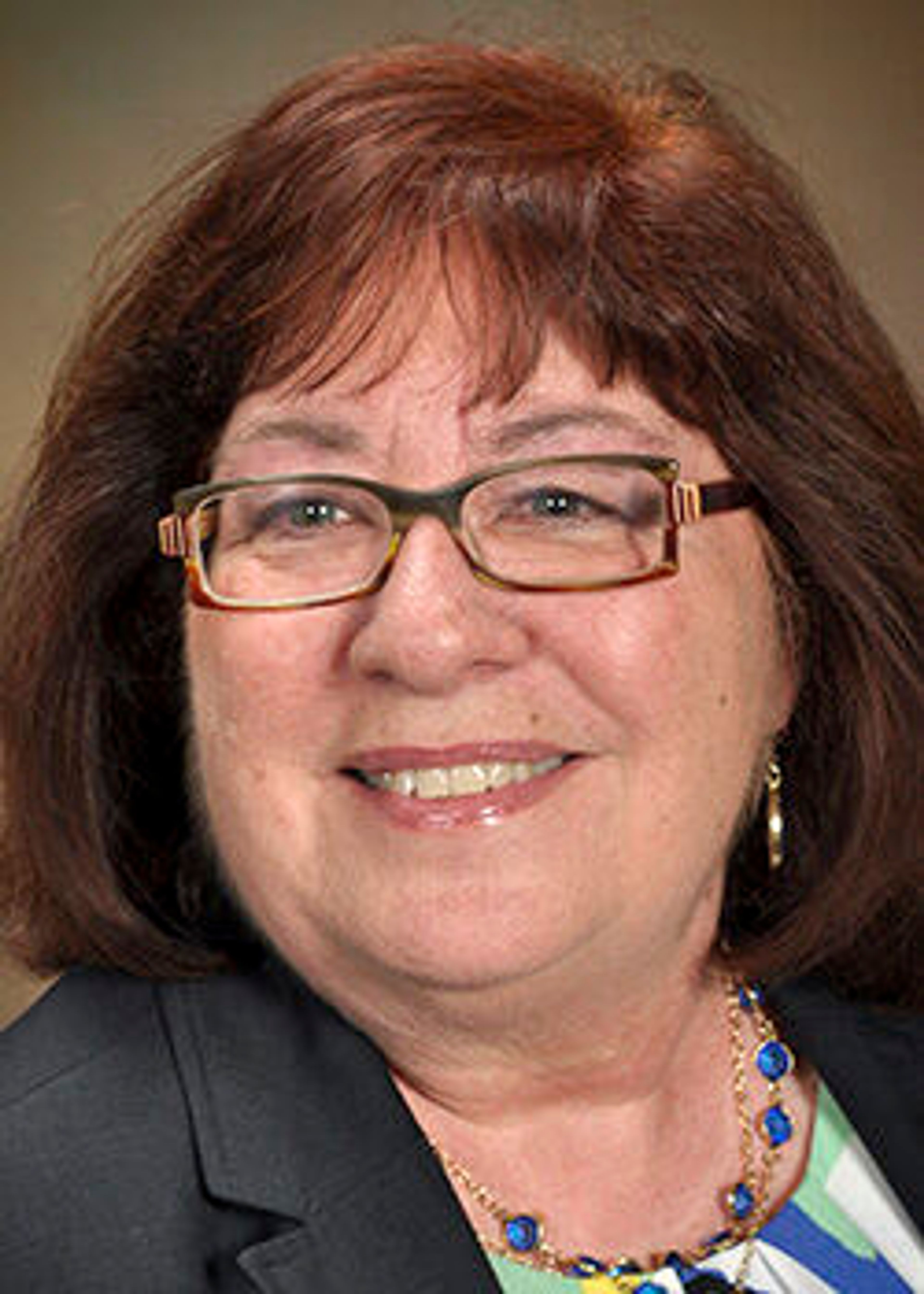Murrow honoree tells aspiring journalists: Take note of injustice
Former New York Times editor Dean Baquet visits WSU, encourages journalists to ask the tough questions
PULLMAN — Pulitzer Prize-winning journalist Dean Baquet was honored with the Murrow Lifetime Achievement Award on Tuesday evening at the 47th annual Murrow Symposium at Washington State University.
Baquet, formerly the New York Times executive director, has been honored with numerous awards, including the Pulitzer Prize in 1988 for investigative reporting of corruption related to the Chicago City Council, the Benjamin C. Bradlee Editor of the Year Award from the National Press Foundation in 2022, and many more.
But as of late, Baquet has been leading the Local Investigations Fellowship program through the New York Times, in hopes of helping the next generation of reporters to “produce accountability journalism at a local level,” according to its website.
“You know, the months I’ve spent working on this fellowship, talking to dozens of reporters and editors and visiting newsrooms, has been absolutely inspiring, sometimes even moving,” Baquet said. “I saw newsrooms too understaffed to cover everything and trying to figure out what to shed. I saw great habits, skepticism of police, a belief in making sure that all the voices get into the report — but I saw something else. They have big ideas to cover the injustices of their regions.”
Through a question-and-answer session, a concern for reporting rural communities and underserved populations came into play. Sharing a story of his own reporting Baquet changed the way his story could have gone by merely “showing up.”
“I remember when I was a young reporter at the time, and was trying to do a story about a rural sheriff who had a reputation for brutality, had a reputation that his department would show up at the bars and push people around,” Baquet said. “So I did what experienced reporters do. I talked to a lot of people on the phone. So finally I said, ‘I’m just going to go to bars every night.’ Sure enough, every time I went to a bar, I saw sheriffs throwing people around.”
According to Baquet, between 2008 and 2019 newsroom employment declined by 23% and it only worsened during the pandemic. According to a recent article by David Bauer through The Associated Press, not only has employment in newsrooms declined, about half of Americans believe that the media intend to mislead the public.
“Absolutely. First off, we did just have a President of the United States who got 73 million votes, who almost every day attacked journalists as the enemy,” said Baquet, after being asked if we should be concerned about the reputation of journalists. “We should think hard about it. We should be out in communities and let people see who we are.”
In addition, he says that journalists shouldn’t be in a hurry to write for newspapers like The Washington Post or The New York Times, believing they should work “someplace smaller.”
“You should just, like, go to a place that you don’t recognize,” Baquet said. “Go to Alabama. Learn to be a reporter. Learn to write about people who make you uncomfortable. Learn to spend time with people who make you anxious.”
Carrillo-Casas can be contacted at mcarrillo@dnews.com
